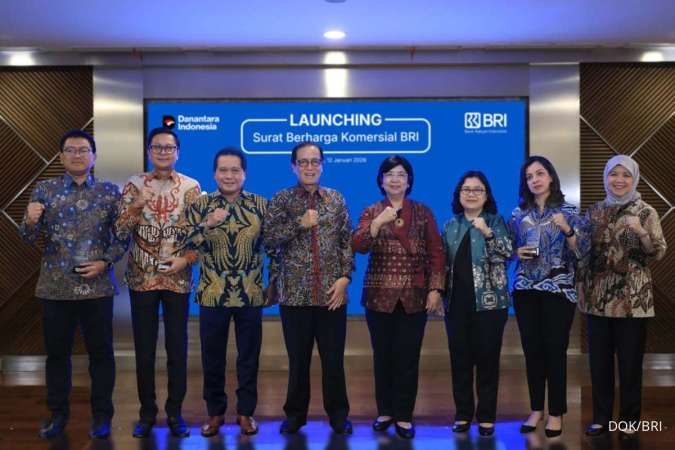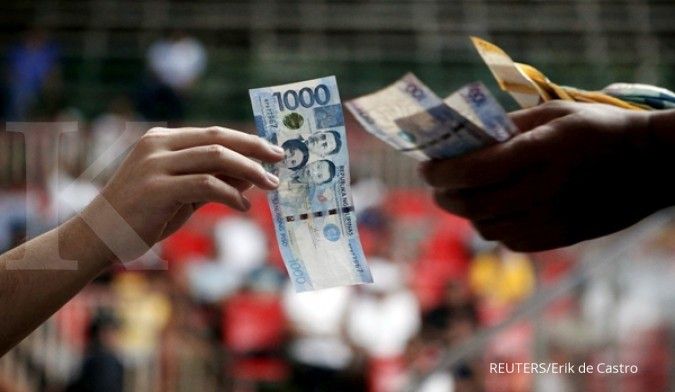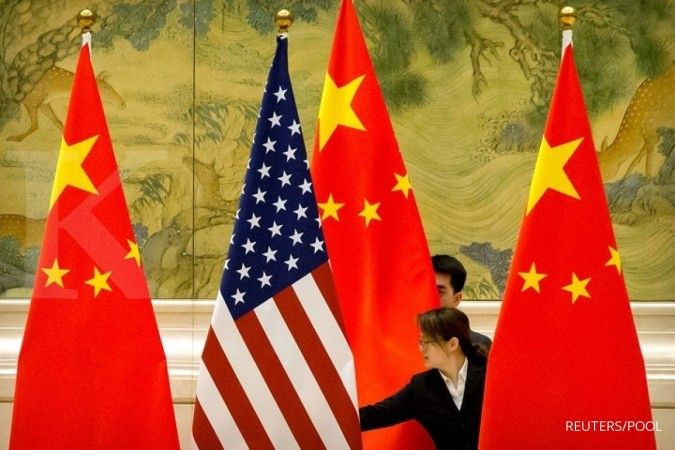KONTAN.CO.ID - BEIJING. China's auto sales fell again in March but the pace of decline was the smallest in seven months, industry data showed, as car makers reduced retail prices to boost business after Beijing handed out tax cuts to spur consumer spending. Sales fell 5.2 percent from a year ago to 2.52 million vehicles, the China Association of Automobile Manufacturers (CAAM) said on Friday, marking the ninth straight month of decline in the world's largest auto market. But this was the smallest drop since August 2018. "We saw a warmer recovery in March. We are optimistic and hope to see the turning point appear in around July and August" said Xu Haidong, assistant secretary general at CAAM, the country's biggest auto industry association.
China auto sales drop at smallest pace in 7 months, tax cuts help
KONTAN.CO.ID - BEIJING. China's auto sales fell again in March but the pace of decline was the smallest in seven months, industry data showed, as car makers reduced retail prices to boost business after Beijing handed out tax cuts to spur consumer spending. Sales fell 5.2 percent from a year ago to 2.52 million vehicles, the China Association of Automobile Manufacturers (CAAM) said on Friday, marking the ninth straight month of decline in the world's largest auto market. But this was the smallest drop since August 2018. "We saw a warmer recovery in March. We are optimistic and hope to see the turning point appear in around July and August" said Xu Haidong, assistant secretary general at CAAM, the country's biggest auto industry association.




